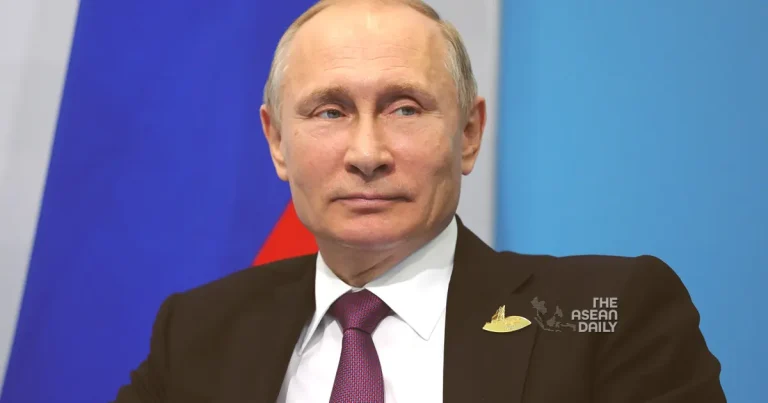18-3-2024 (MOSCOW) President Vladimir Putin has secured a decisive election victory, garnering a record-breaking 87.8% of the vote in Russia’s recent presidential polls. This triumph cements his formidable grip on power and sends an unequivocal message to the West: Moscow will not waver in its resolve, whether in the throes of war or the pursuit of peace.
The outcome, according to an exit poll conducted by the Public Opinion Foundation (FOM) and corroborated by the Russian Public Opinion Research Centre (VCIOM), marks the highest result in Russia’s post-Soviet history. Initial official results have affirmed the accuracy of these polls, underscoring the magnitude of Putin’s mandate.
At 71 years of age, the former KGB lieutenant colonel, who first ascended to power in 1999, now finds himself poised to embark on a new six-year term that could render him Russia’s longest-serving leader in over two centuries, surpassing even the reign of Josef Stalin, should he complete this tenure.
In his victory speech delivered to fervent supporters in Moscow, Putin left no doubt about his priorities, vowing to strengthen Russia’s military might and resolve tasks associated with what he termed the “special military operation” in Ukraine.
“We have many tasks ahead. But when we are consolidated – no matter who wants to intimidate us, suppress us – nobody has ever succeeded in history, they have not succeeded now, and they will not succeed ever in the future,” Putin proclaimed, his words echoing with defiance and determination.
The United States, Germany, the United Kingdom, and other nations have voiced concerns, asserting that the vote was neither free nor fair, citing the imprisonment of political opponents and the suppression of dissent through censorship.
While Putin’s re-election was never in doubt, given his firm control over Russia and the absence of formidable challengers, the former KGB spy sought to demonstrate the overwhelming support of the Russian populace. Nationwide turnout surged to 74.22% as polls closed, surpassing the 67.5% recorded in 2018.
The election unfolded against the backdrop of the deadliest European conflict since World War II, triggered over two years ago when Putin ordered the invasion of Ukraine. The war has cast a long shadow, with Ukraine launching repeated attacks on Russian oil refineries, shelling Russian regions, and seeking to breach borders through proxy forces – actions that Putin has vowed will not go unpunished.
Hinting at the possibility of creating a buffer zone within Ukraine to prevent future attacks, Putin’s rhetoric underscored the high stakes and the potential for further escalation in this protracted conflict.
Despite the absence of independent verification, election officials reported an uptick in voter flow, particularly among younger demographics, at polling stations across major cities like Moscow, St. Petersburg, and Yekaterinburg. Queues stretched for hundreds, even thousands, of people, though outward signs of protest were few and far between.
Nonetheless, pockets of dissent persisted, with at least 74 arrests recorded across Russia by OVD-Info, a group monitoring crackdowns on dissent. Scattered incidents of protest saw voting booths set ablaze and ballot boxes doused with green dye, while some ballots bore slogans insulting the president.
The death of opposition leader Alexei Navalny in an Arctic prison in February has dealt a blow to the opposition movement, depriving it of its most formidable voice. Other major opposition figures find themselves abroad, incarcerated, or silenced by the passage of time.
The West has painted Putin as an autocrat and a killer, while Ukrainian President Volodymyr Zelenskiy branded the election illegitimate, accusing Putin of seeking to rule indefinitely.
Yet, Putin portrays the war as part of a centuries-old struggle with a declining West, which he claims humiliated Russia after the Cold War by encroaching upon Moscow’s sphere of influence.
As Western intelligence agencies warn of a potential crossroads in the Ukraine conflict, the intertwining of support for Kyiv with domestic politics in the United States adds a complex layer to an already intricate geopolitical landscape. While Ukraine recaptured territory after the initial invasion in 2022, Russian forces have made gains following a failed Ukrainian counter-offensive in 2023.




